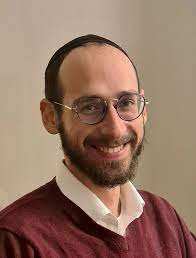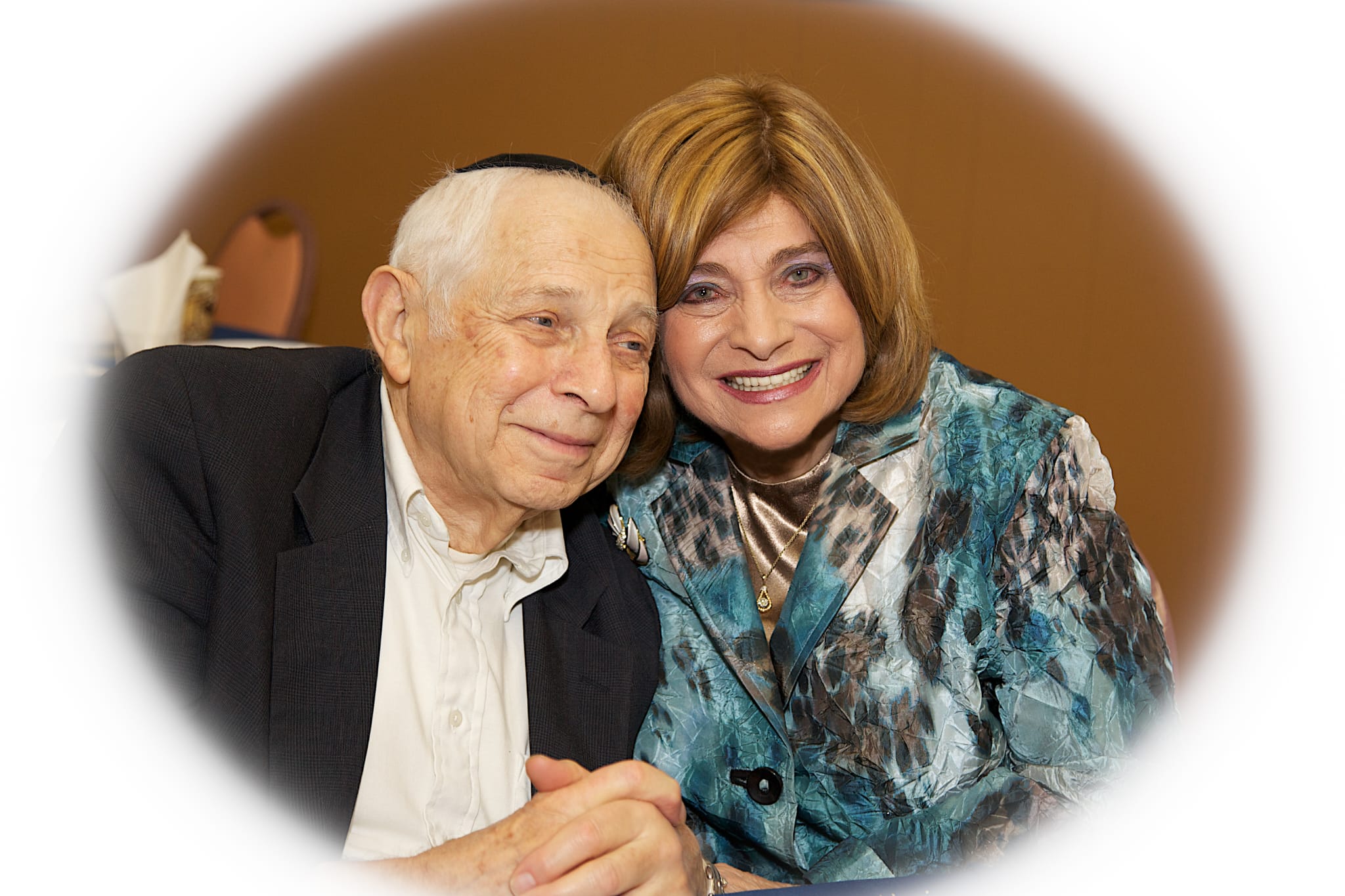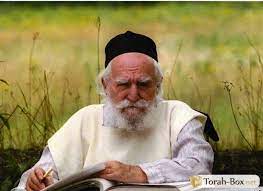Right in our own backyard, within a one-hour drive from Pikesville, there are wonderful places to visit, most at no charge.
Historic Jerusalem Mills Village
This Quaker village, dating back to the late 1700s, is one of the oldest and most intact mill villages in the United States, where grain was milled from 1772 until 1961. The village, which sits along the Little Gunpowder Falls in Kingsville, Maryland, is in the process of a total restoration thanks to a volunteer organization, the Friends of Jerusalem Mills. The village consists of a restored grist mill, the miller’s house, a still functioning blacksmith shop, a tenant house, McCourtney’s general store, the Jerusalem mansion, a springhouse, a smokehouse/dairy, and the ruins of a large bank barn. All buildings were constructed in the 1700s and 1800s. Adjacent to the village is the intact Jerusalem covered bridge, one of only six in Maryland. There is a lot of history in the village. During the Revolutionary War, gunstocks for the Maryland Militia were produced in the cooperage located behind the mill, and during the Civil War, Confederate troops conducted a raid at McCourtney’s general store.


















